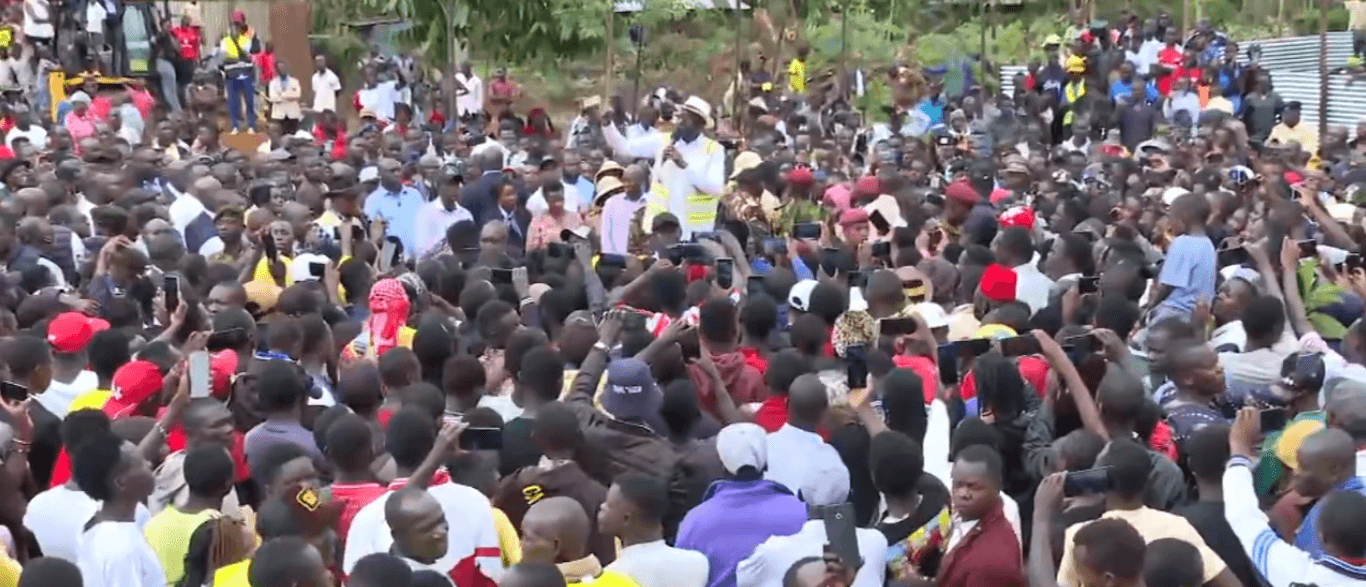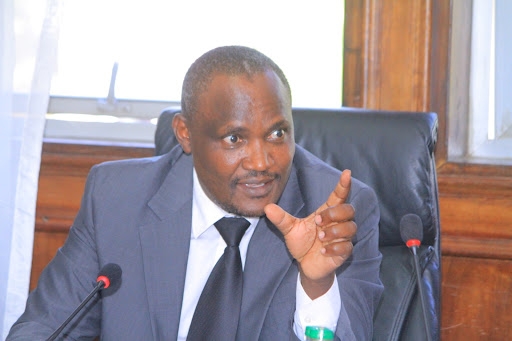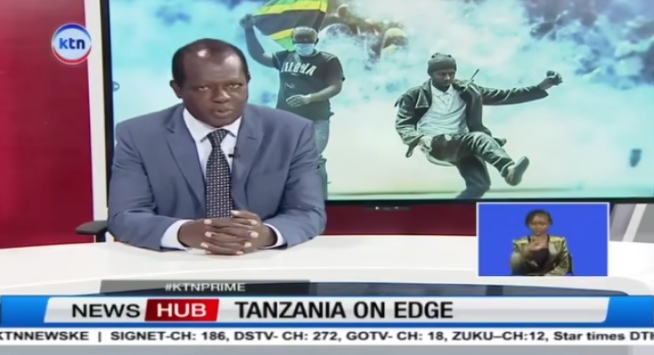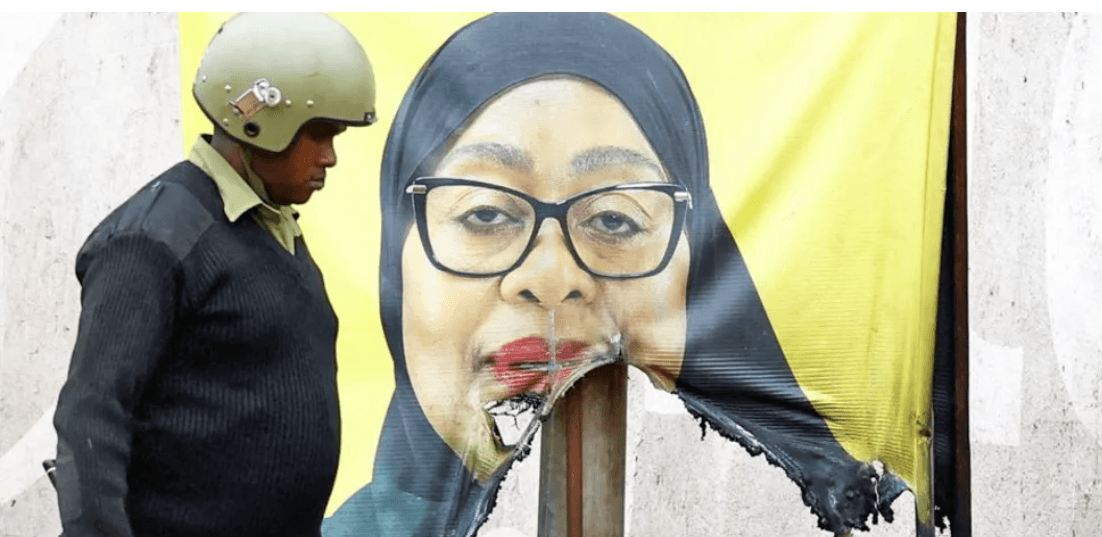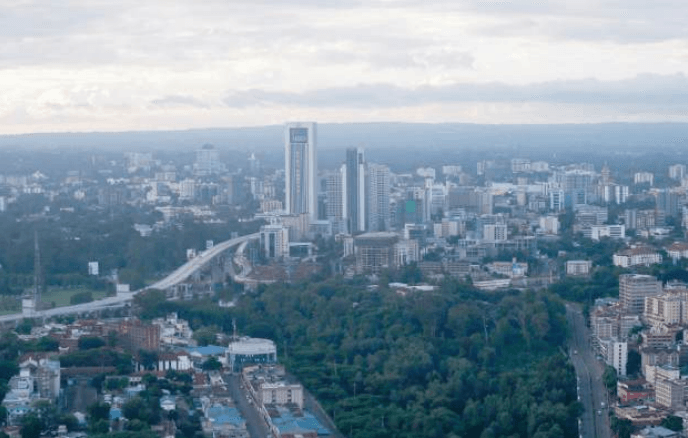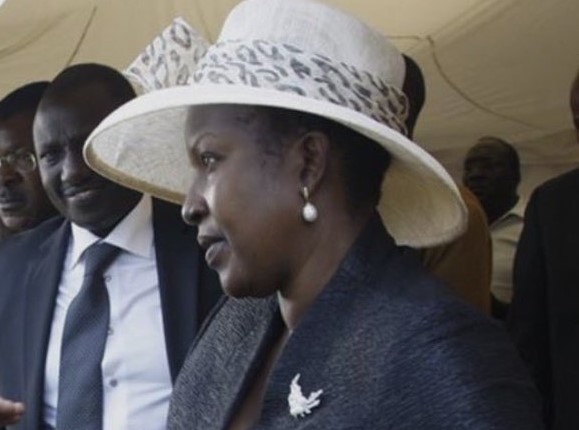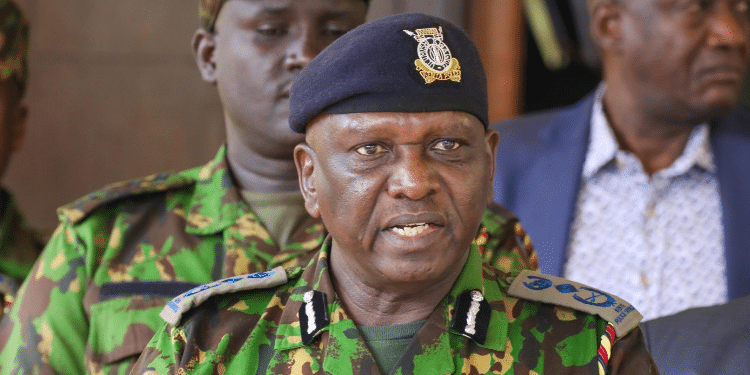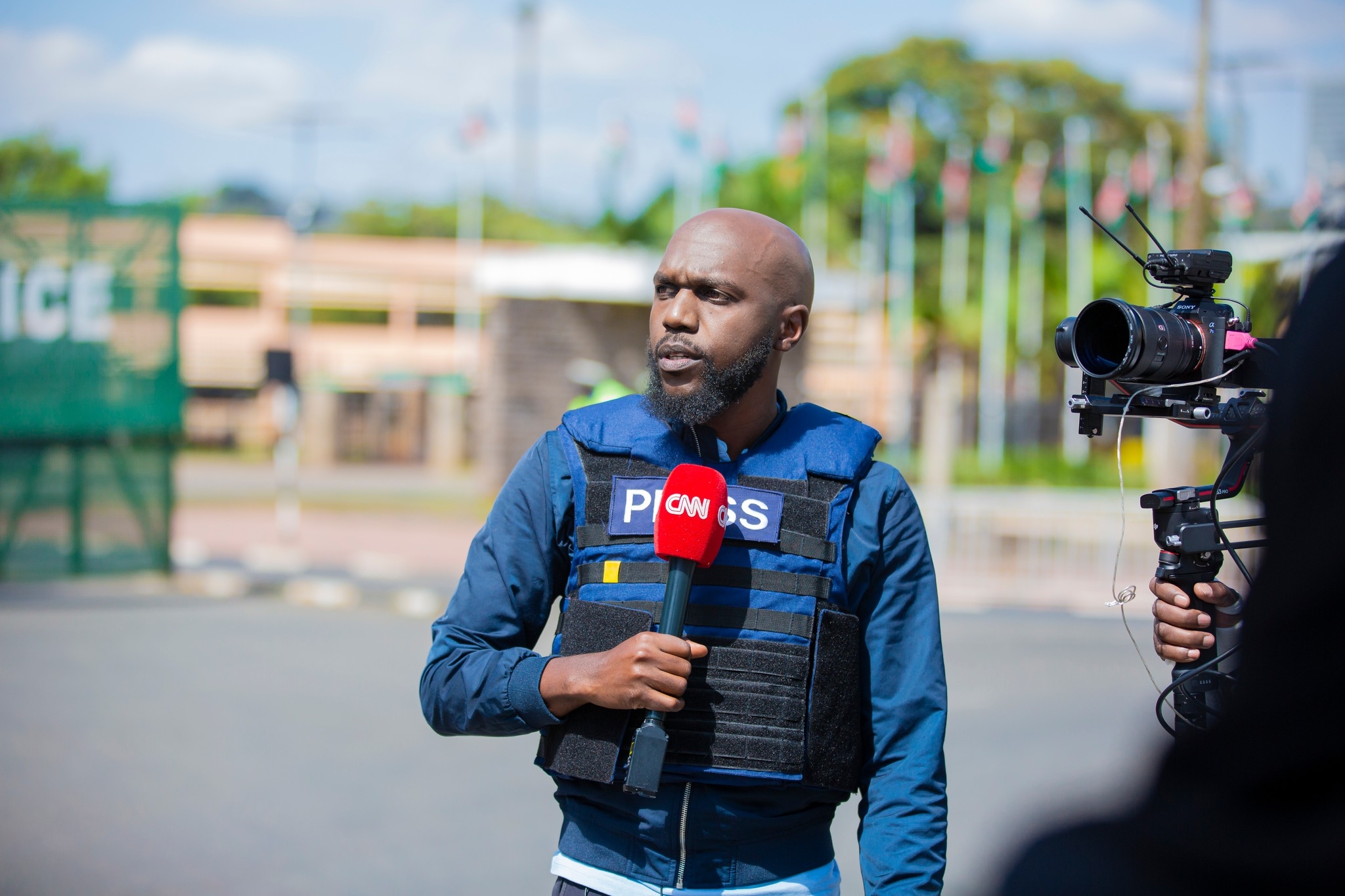When she was age 16, Njeri wa Migwi was slapped and beaten by her boyfriend. That was her first experience with Gender-Based Violence.
For 15 years, she was physically abused by her husband (now her ex). She was punched, struck with objects, shoved against walls, thrown to the floor and kicked. She endured through her tears.
Wa Migwi suffered partial hearing loss and was bruised all over, bruised emotionally as well.
Finally fed up with violence and violations, one day she walked away from her luxury five-bedroom and her own BMW. She never looked back.
For her relentless fight to help survivors of GBV – women, children and men – Wa Migwi has been chosen as a Star Person of the Year.
Today, the mother of five is bubbly and outspoken, always on the go.
But she had to start from scratch in a single rented room in Nairobi. She hawked tomatoes and worked as an interior designer.
Now age 40, Wa Migwi has become a GBV activist and has been in the spotlight for more than a year.
She and other women’s rights activists estimate that one in three Kenyan women have or will suffer GBV in their lifetime. Reliable statistics are not available but cases have surged during the Covid-19 pandemic.
In 2019, Wa Migwi founded Usikimye (Don’t Be Silent) as a rescue and care centre for survivors of Sexual and Gender-Bases Violence.
She and her staff provide medical evaluation and treatment, emergency contraceptives, forensic analysis, trauma counselling, paralegal services and transitional safe rooms.
Wa Migwi has four employees and several volunteers.
When she started Usikimye, the goal was to sensitise and educate people on SGBV, march, protest and push the state to set up shelters.
“My first case was a woman who told me she reported her abusive husband to a police station and then had no place to go,” Wa Migwi said.
She became a presence on social media and more victim-survivors slowly started sending her messages on different platforms. They said they were finally ready to leave their abusive relationships and marriages.
“To start my rescue journey, I hosted three women survivors in my home. That is where I started seeing the need to have a safe haven for women, a place where they could stay longer.”
AT THE SHELTER
As if aware of the looming GBV spike during the Covid-19 pandemic, Migwi established a shelter for women GBV survivors in March.
The well-guarded shelter is a regular home in an undisclosed location where women and their children are hosted for 90 days.
They live a normal life involving work and leisure. Children play in the home.
Survivors are equipped with financial literacy skills, basic economics and first aid. They learn to make pottery and learn to cook for a living.
There are two therapy sessions a week.
“The therapies, including yoga and dance, provide a way for survivors to express themselves and start their healing journey.
“For children, we use art therapy and music therapy to help them heal,” she said.
After 90 days, women can leave. If they don’t have a safe place to stay, Wa Migwi helps them get a place and start a new life.
“We source for house basics and encourage them to use the skills we have given them to earn a living. We have many success stories,” she said.
In the past 10 months alone, under Usikimye, the activist has handled more than 450 cases. About 30 survivors are men.
Men are removed from abusive situations but she does not have a shelter for men. Wa Migwi often hears of the GBV cases through her social media pages where she is popular.
She has a 24-hour hotline - 254 718 158 400. Her website is www.usikimye.org. Several calls come in every day.
“At any time when I receive a call from somebody who needs help, my duty is to go pick them wherever they are and get them help,” Wa Migwi said.
Highlighting her most disturbing cases this year, Wa Migwi cited a defiled six-month-old girl.
“The baby was defiled by a neighbour and even her legs were dislocated in the process. It is sad the baby will never walk again,” she said, wiping away tears.
“Cases get worse by the day. We had a case of a man attempting to defile a four-day-old baby, something we cannot fathom.”
That is her daily life. Wa Migwi says she no longer knows what it is to rest.
“My days are crazy. I am either receiving GBV survivors’ calls or walking around courts, police stations, hospitals and rescue centres, depending on the cases.”
During the pandemic, GBV cases have surged. Wa Migwi has hosted more than 100 women and children survivors from all walks of life.
Space is running out and she needs to find room for more survivors.
GROWING UP
Highlighting her passion for protecting the vulnerable, the mother gives a glimpse of her childhood.
“My parents divorced when I was pretty young. I grew up with my dad and he never harmed me. I do not understand why fathers are raping their daughters. We all deserve some dignity,” she said.
Describing herself as a “fierce-feminist”, Migwi was born and raised in a family of three in Kariobangi in Nairobi.
As a child, she often saw her family host all kinds of people. She attributes that experience to her love for charity.
Before going into activism, Wa Migwi was into interior design, which she studied in China.
But balancing activism and interior design was hard and the activism was urgent.
“I had to choose and you already know what had to be dropped,” she said.
Wa Migwi called on the government to fight GBV and empower survivors.
“Girls as young as seven are getting impregnated by their fathers and uncles. Some may never return to school,” she said.
Usikimye. She calls on everyone suffering GBV, or knowing about a victim, to speak out.
“You are not alone,” she said. “I am with you.”
24-hour hotline - +254 718 158 400.
www.usikimye.org.


